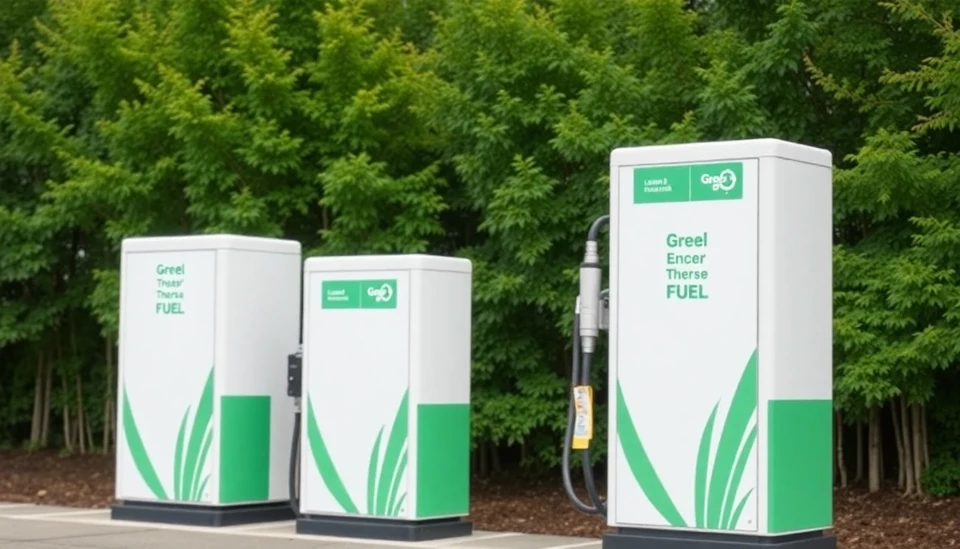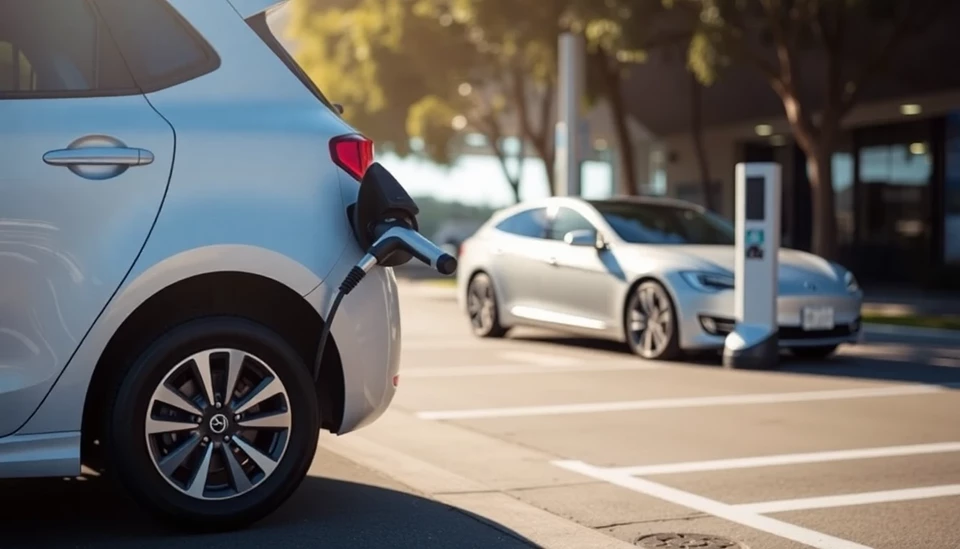
In an era characterized by a complex political landscape surrounding climate change, U.S. cities and states are stepping up to the plate, demonstrating their capability to drive significant environmental initiatives even in the face of federal pushback. Numerous municipalities and states have recognized the urgency of the climate crisis and are employing their own resources and regulations to promote sustainability and reduce greenhouse gas emissions.
The discussion around climate action has gained momentum as local leaders implement innovative policies and programs designed to mitigate climate impacts. These measures often encompass a wide variety of areas, including energy efficiency, renewable energy adoption, and comprehensive urban planning.
Many state and city governments have taken a proactive approach by setting ambitious emissions reduction targets, isolating themselves from the broader national stance influenced by varying federal leadership. For instance, several states have adopted the Climate Alliance, a coalition committed to upholding the goals set by the Paris Agreement, aiming for significant reductions by 2030
California, often seen as a trailblazer in environmental policy, continues to lead the way with ambitious green initiatives. Under Governor Gavin Newsom’s administration, the state has committed to derive 100% of its electricity from renewable sources by 2045 and implement a sweeping cap-and-trade program that incentivizes reductions in emissions across the board.
Moreover, cities such as New York and Seattle are engaging in significant urban transformation projects. New York City has launched the “OneNYC” initiative aimed at cutting greenhouse gas emissions while promoting economic growth, aiming to convert public transport and building infrastructure to environmentally friendly systems. Similarly, Seattle has been spearheading green building standards and initiatives to electrify public transportation, further underlining their commitment to a sustainable future.
On the economic front, there’s a growing recognition that climate action presents not only a necessity for the environment but also a unique opportunity for job creation and economic revitalization. The renewable energy sector has already begun to generate thousands of jobs across the country and investment in this area is expanding at an unprecedented pace.
However, the challenge remains significant. Despite the strides made at local and state levels, the overarching federal stance on climate change remains a contentious matter, with some policies rolling back environmental protections. This juxtaposition necessitates ongoing advocacy from local officials and citizens alike to continue pushing for greener policies and regulation.
As this dynamic unfolds, the role of grassroots movements and local engagement becomes increasingly vital. Citizens are participating in dialogues regarding urban planning and sustainability measures, creating a culture of inclusivity and shared responsibility toward climate action.
In conclusion, while the federal government’s approach to climate change may fluctuate, the resolve of cities and states across the U.S. appears stronger than ever. As they double down on innovative, sustainable practices, these entities are setting a robust foundation that could lead to significant climate resilience and a greener future.
#ClimateAction #Sustainability #RenewableEnergy #UrbanPlanning #LocalGovernment #EnvironmentalPolicy
Author: Sophie Bennett




